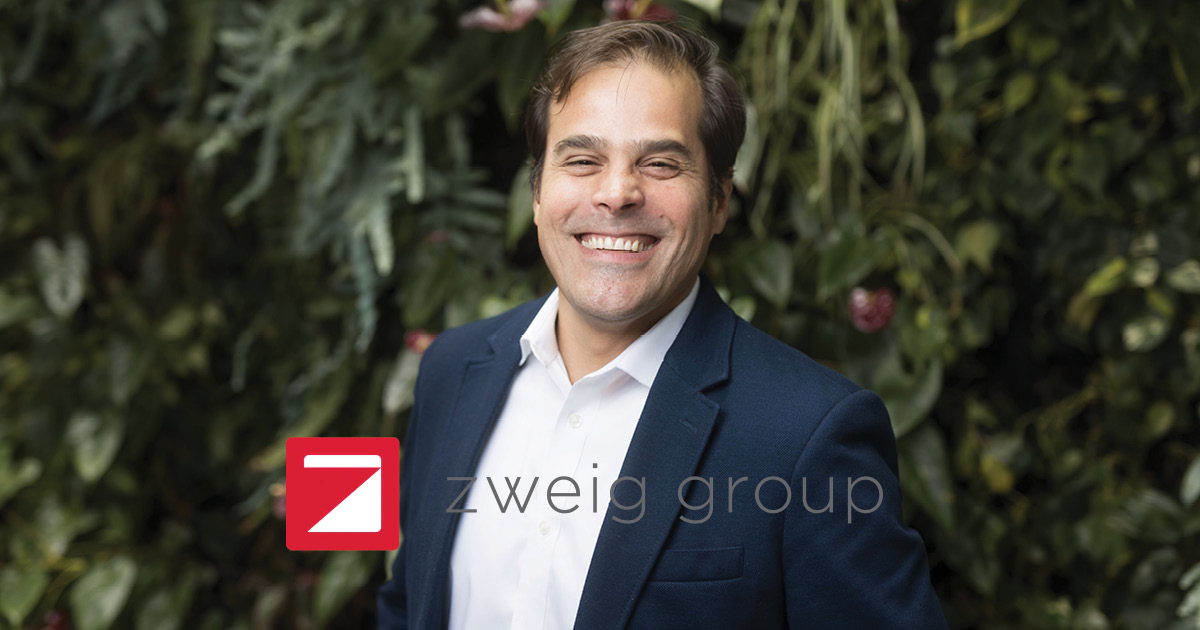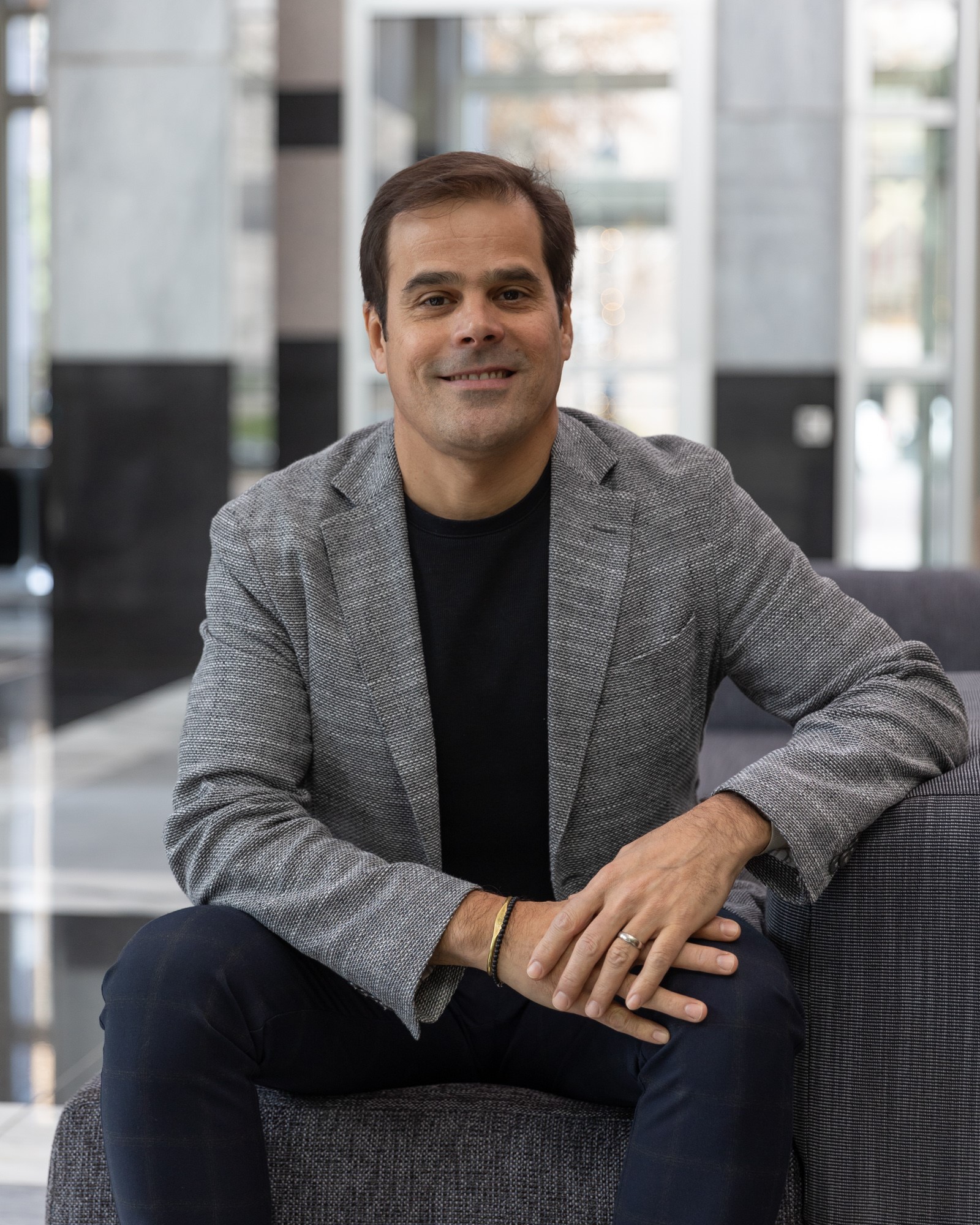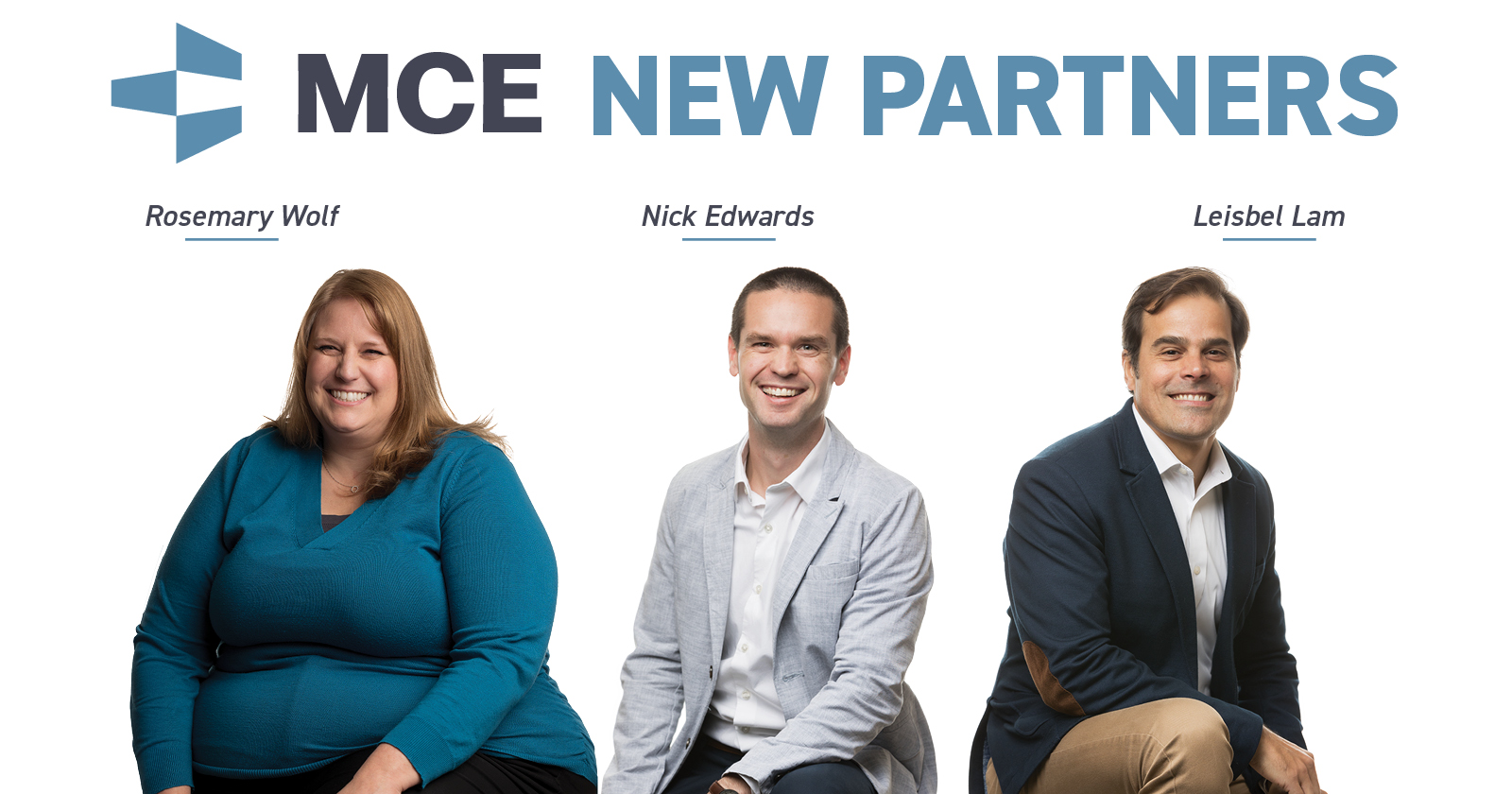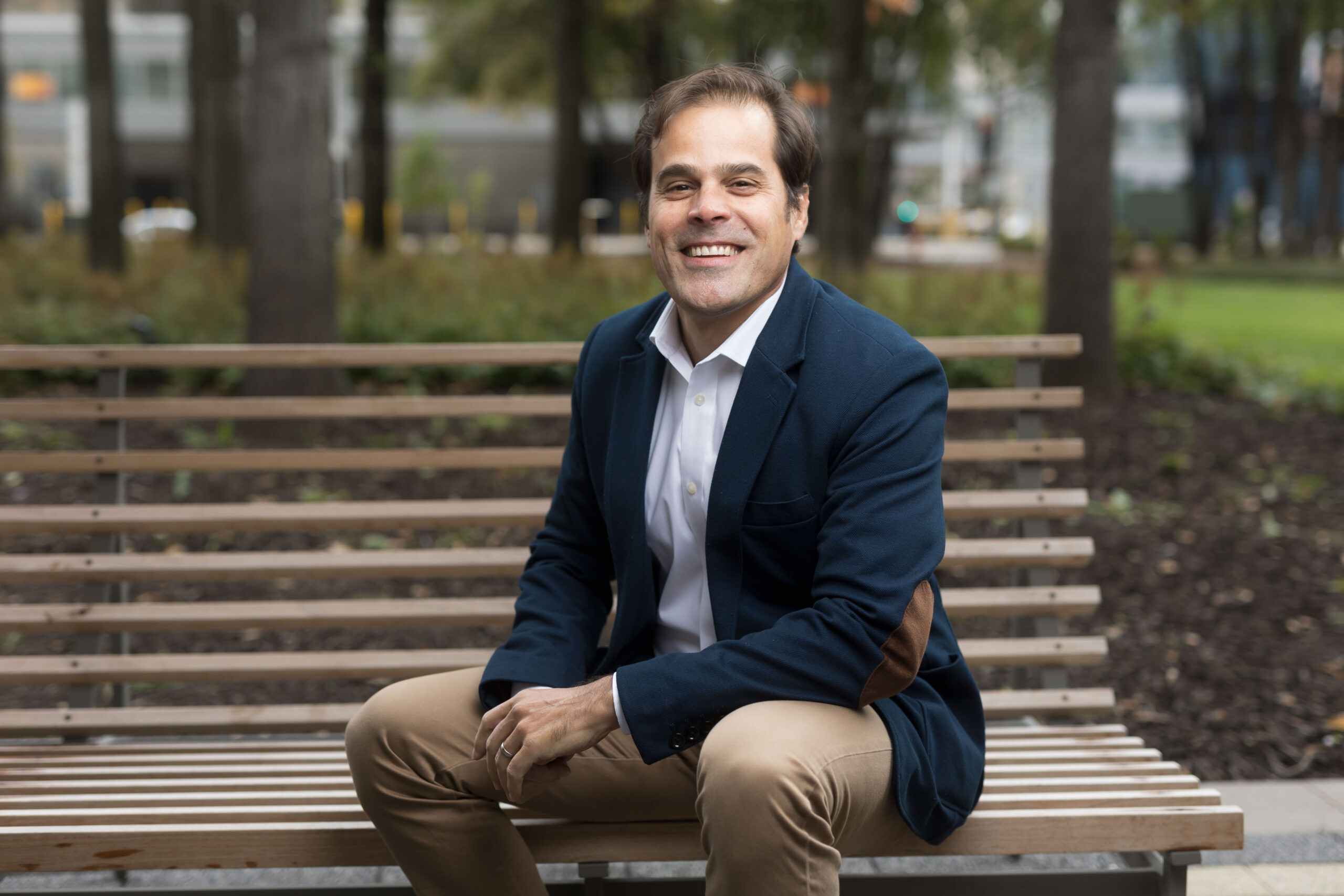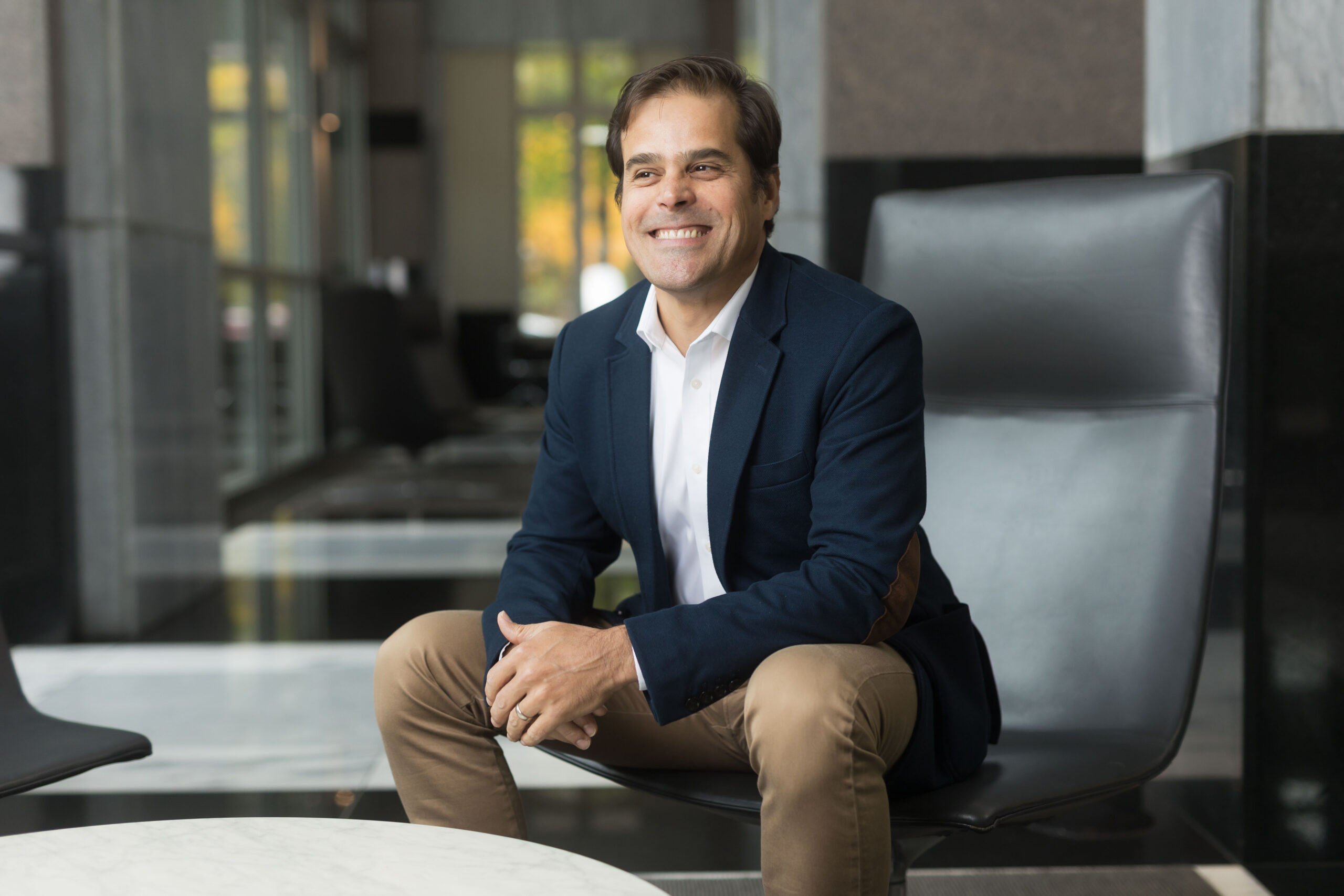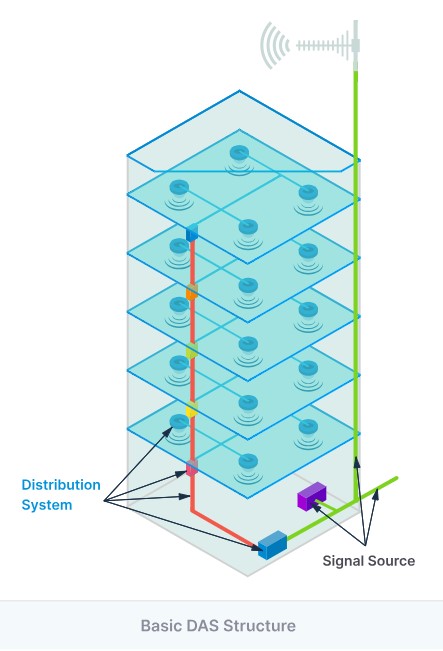by Leisbel Lam via Zweig Group
October 29, 2023

We need to be holistic, bold, and nimble in order to transform our organizations to better align with a service culture and gain a competitive advantage.

Most college engineering curriculums are loaded with technical subjects training us to solve complex systems problems. As a result, there is a focus gap on subjects that promote critical soft skills and competencies. In 2021, 79.15 percent of the U.S. workforce across economic sectors was employed in services – work that requires professionals to engage their soft skills on a regular basis. What can we do if we don’t have the training necessary to thrive in a service industry? What does it take to shift from a project mindset to an experience mindset?
While attending graduate school for my MBA at the Carlson School of Management, I enrolled in an elective course titled “Service Management” taught by associate professor Susan Meyer-Goldstein. This course, along with my commitment to service, allowed me to develop and execute a service management strategy.
The first step is to understand the main components of the service landscape which is guided by the following four questions:
- What is it that you sell?
- Products.
- Services.
- Experiences.
- What is it that you transform?
- When you sell a product, you transform materials.
- When you sell a service, you transform needs.
- When you sell an experience, you transform customers.
- What do customers want?
- When you sell a product, customers want features.
- When you sell a service, customers want benefits.
- When you sell an experience, customers want sensations.
- What do customers get?
- When you sell a product, customers get tangibles.
- When you sell a service, customers get intangibles.
- When you sell an experience, customers get memories.
As leaders we must be clear on these four questions and their relationship to each other to reach an effective service strategy. In addition, we need to dive deeper within the organization to ensure alignment is reached across all functions of the business such as operations, marketing, human resources, finance, and IT. In order to reach such alignment everyone in the organization must know the following:
- What to deliver.
- How to deliver.
- Why it is delivered that way.
- How to learn, innovate, and improve.
In other words, we need to be holistic, bold, and nimble to start transforming our organizations to better align with a service culture that will help it reach or maintain its competitive advantage.
At MCE, our mission is to provide innovative engineering and impactful experiences. It has been a fun and challenging shift to move from a project centric mindset to a service/experience centric mindset. The transformation is far from complete, but we have acted on several initiatives so far this year. For example, we’ve undertaken a company rebranding to refresh our brand image, tone, and voice in ways that align with MCE’s mission. We also implemented a multi-phase training program intentionally designed to arm the organization leadership with the skills and knowledge necessary to support the strategy execution.
At the sector level, I stress the need to first look at our team members as our No. 1 customer. From my experience, we must begin within the organization to create a team culture that will be invested in the team’s mission. For instance, I aim to create an impactful experience through every interaction I have inside and outside our organization. I tackle this by taking on the roles of a coach and a learner, someone who – through the power of active listening and empathy – creates a safe space to offer transformative experiences to coworkers, partners, and clients alike. I also use the power of my own story to create common ground and find points of connection. This creates a positive environment of belonging, growth, and contribution, helping forge better experiences.
Finally, given the competitive landscape of the AEC industry today, as well as high customer and employee demands, I believe we are at an inflection point. We must stop just measuring business performance by tangible financial key performance indicators. Instead, we must begin developing innovative ideas to stay relevant. Designing an effective service strategy using the framework presented above while bringing everybody on board as key contributors is a win-win and will ensure customers and employees are part of something bigger than the day-to-day demands of our roles.
About Zweig Group
Zweig Group, three times on the Inc. 500/5000 list, is the industry leader and premiere authority in AEC firm management and marketing, the go-to source for data and research, and the leading provider of customized learning and training. Zweig Group exists to help AEC firms succeed in a complicated and challenging marketplace through services that include: Mergers & Acquisitions, Strategic Planning, Valuation, Executive Search, Board of Director Services, Ownership Transition, Marketing & Branding, and Business Development Training. The firm has offices in Dallas and Fayetteville, Arkansas.
